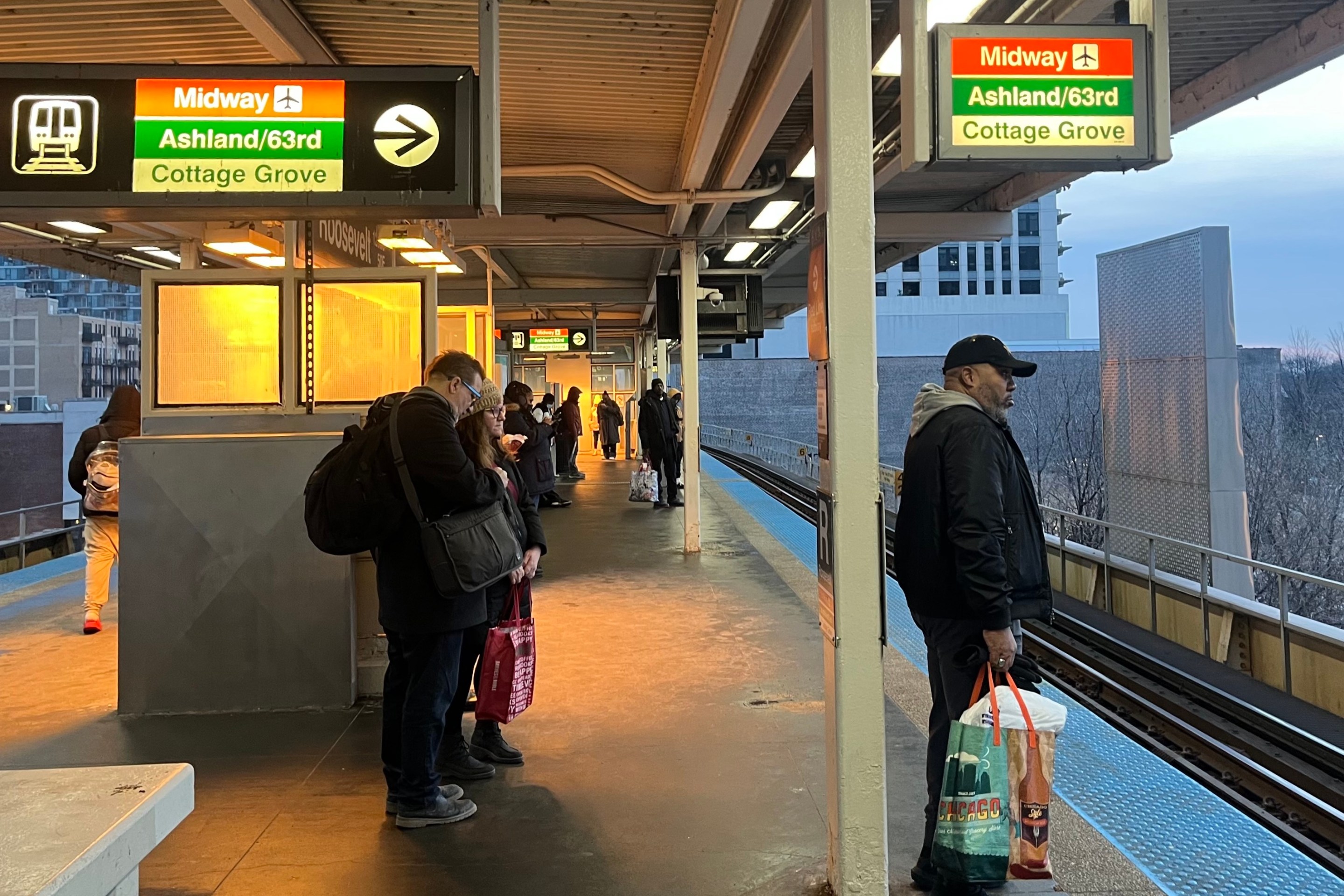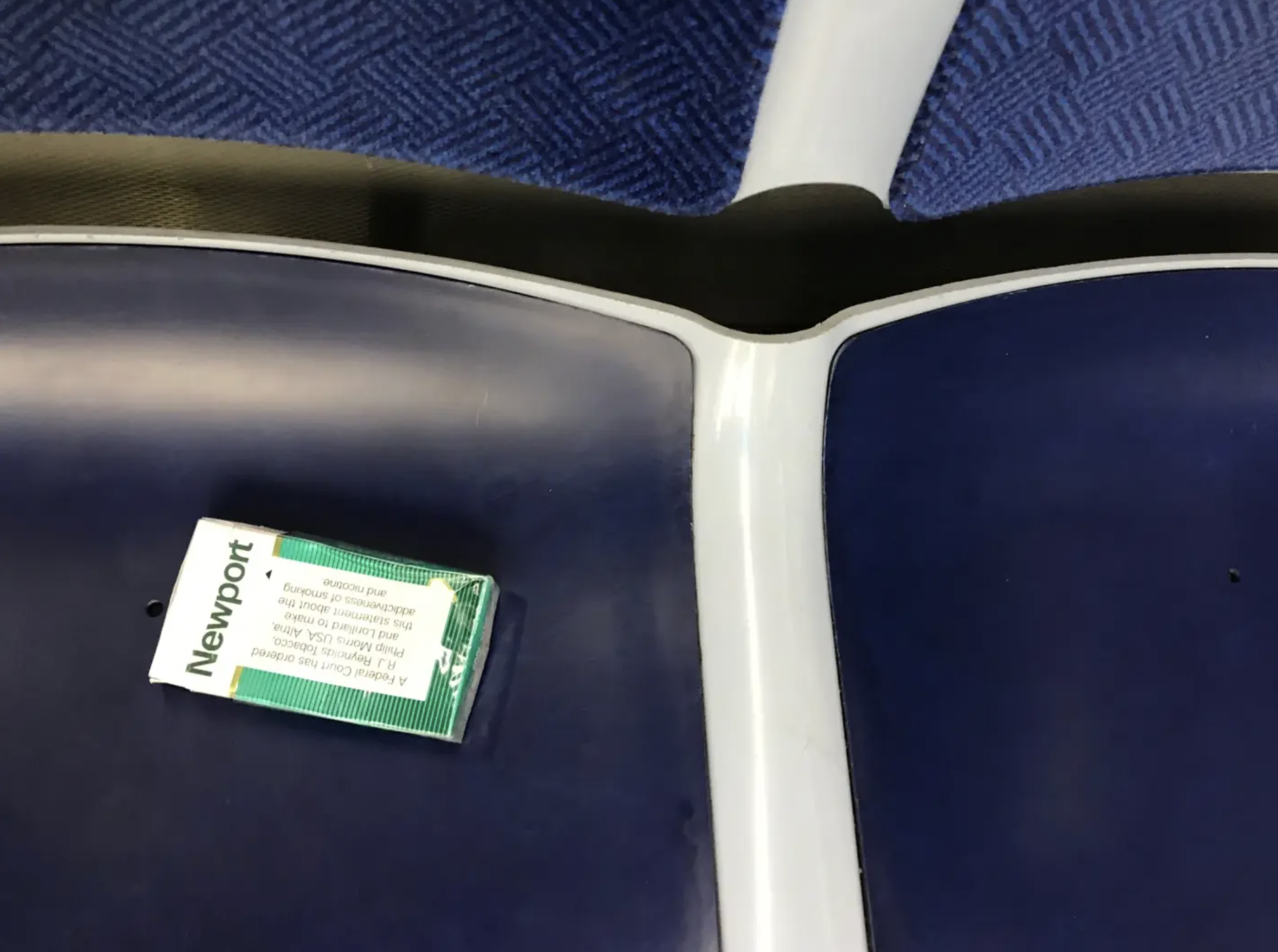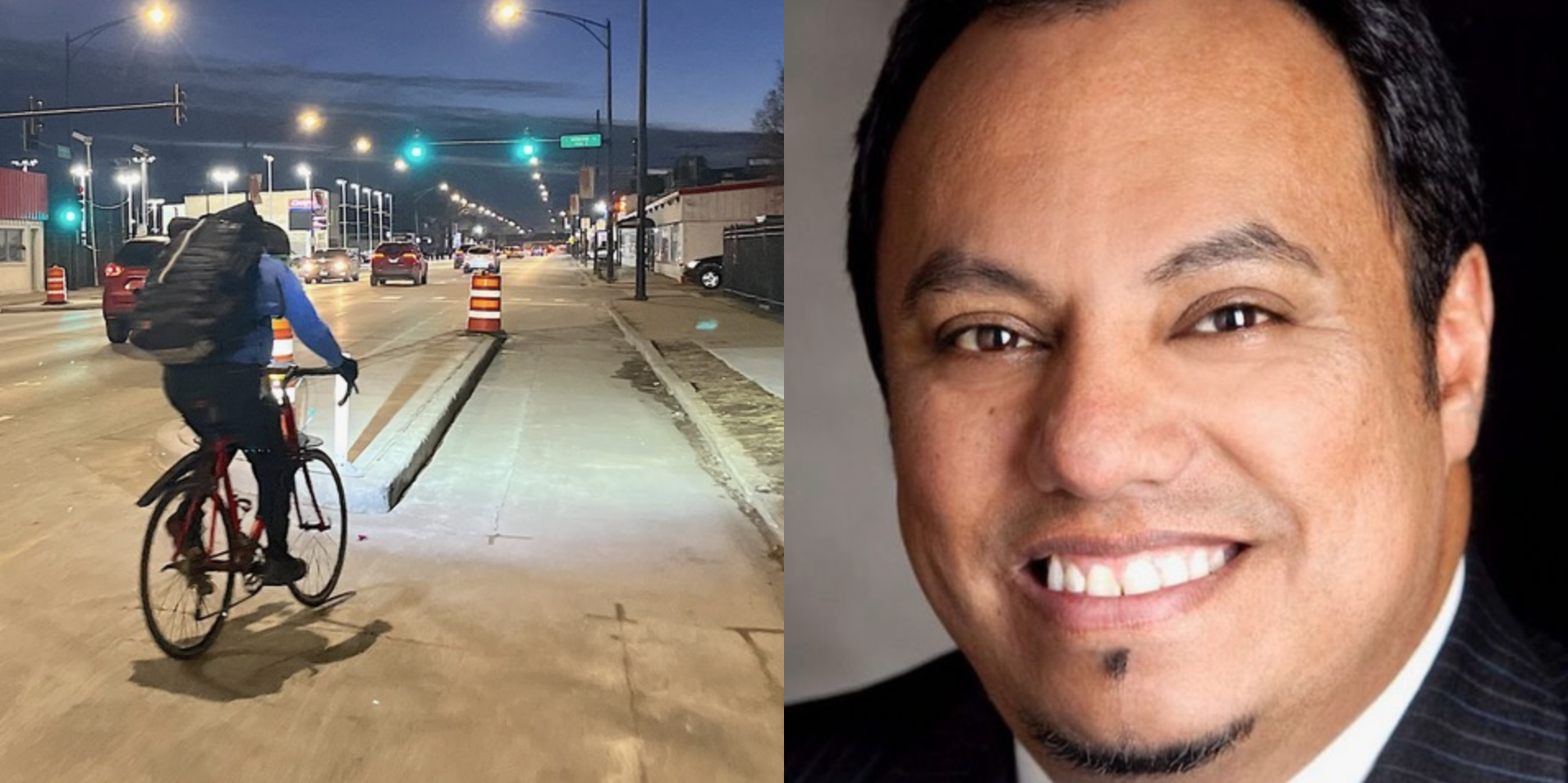On-street bike corrals have many benefits for retail areas. They accommodate a high number of customers and advertise the efficiency of cycling, since one car spot fits up to 12 bikes. Parking bikes in the street frees up space on sidewalks for pedestrians. On-street racks placed at corners improve sight lines and shorten crossing distances for peds. And while motor vehicles often block the view of storefronts, bike corrals make them more visible.
Chicago's first on-street corral debuted in Wicker Park in 2011. Last year two new corrals opened in Andersonville and one was installed in Pilsen. Recently the Chicago Department of Transportation hired Tony Giron as its bike parking corral program manager, encouraging and coordinating the installation of on-street racks in front of local businesses. Now Revolution Brewing is planning to install Chicago's fifth corral in front of its Logan Square brewpub, 2323 North Milwaukee, in April or May. According to Giron, the chambers of commerce in Wicker Park and Andersonville want to install additional racks, and he’s also gotten interest from the Flats real estate development in Rogers Park, Metropolis Coffee in Edgewater, Intuit arts center in River West and Simone’s Bar in Pilsen.
Revolution’s corral will feature ten racks, accommodating 20 bikes, according to owner Josh Deth, who estimates the materials and installation will cost the brewery about $4,000. “Someone recently cut down a tree out front to steal a moped that was locked to it,” he says. “Bikes were locking to it as well, and that’s not a good thing, so it highlights the need for more bike parking.” He’s buying the racks from Saris, based in Madison, Wisconsin, which has supplied fixtures for most of Chicago’s corrals so far.
Deth is still working on the final design, but he’s interested in bookending the racks with planter boxes, which is common in other cities but hasn’t been done here yet. The existing corrals feature branding on either end of the racks, with the names of the neighborhoods laser-cut into endplates. Deth said he probably won’t have Revolution’s star-and-fist logo emblazoned on the racks since CDOT estimates this kind of branding costs at least $700 per rack. “It’s an extra expense and I’m not a big fan of the ‘logofication’ of the world.”
Installing the corral will involve the removal of two metered car spaces, so Deth has been working with Giron and First Ward Alderman Proco “Joe” Moreno’s office to negotiate a space swap with LAZ Parking, the concessionaire for Chicago's much-reviled parking meter contract. In exchange for the removals, the company will get two metered spots elsewhere in the ward.
Moreno’s assistant Rodolpho De Jesus said the ward has a good relationship with LAZ and the swap should go smoothly, although he added, “The alderman hasn’t been shy about saying that he’s in favor of removing [car] parking if necessary for bike, pedestrian and vehicle safety.” At an Active Transportation Alliance forum in 2011, shortly before Chicago’s first bike corral was installed in his ward, Moreno said he wants protected bike lanes on Milwaukee Avenue in Wicker Park, which would probably require stripping parking. CDOT is currently considering a similar treatment on a less retail-dense stretch of Milwaukee south of the ward. Asked at the Active Trans event how LAZ would react to the loss of revenue, Moreno responded “F--- ‘em.” The crowd of cyclists went wild.








